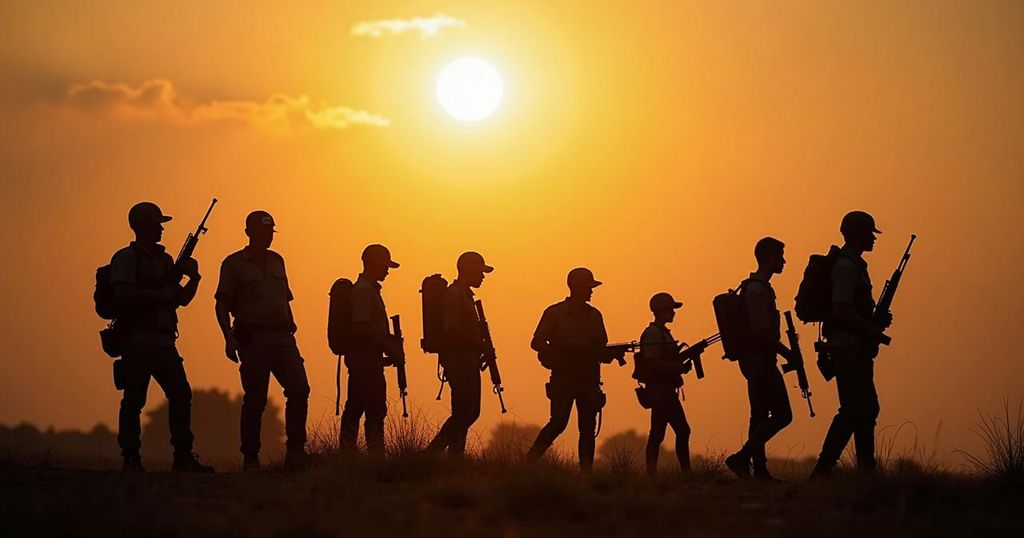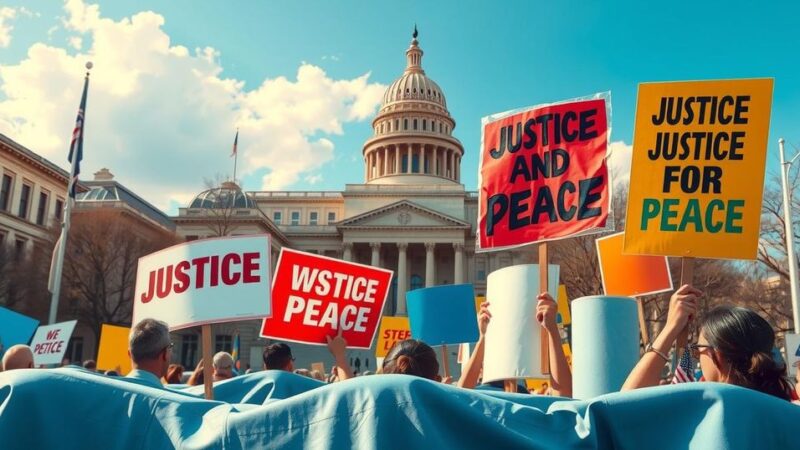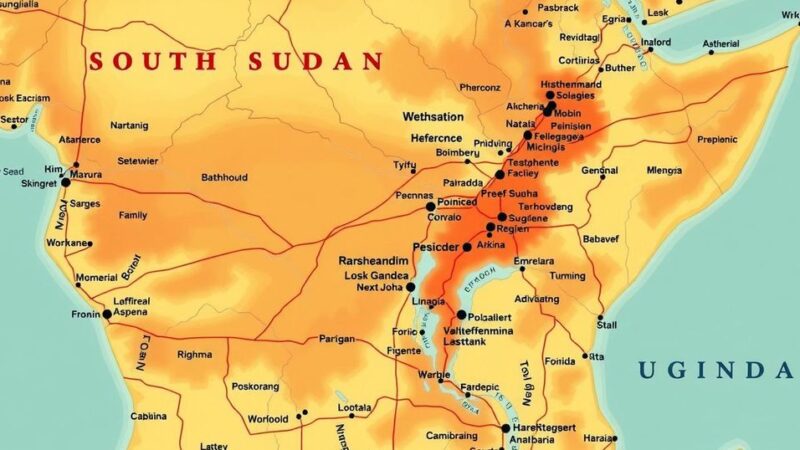The UN Security Council has extended the Kenya-led Multinational Security Support mission in Haiti for one year, allowing continued support for local police in combating gang violence. The U.S. withdrew its proposal for a transition to a UN peacekeeping operation due to opposition from China and Russia. Current personnel and funding levels are significantly below requirements, compounding Haiti’s ongoing security crisis.
The United Nations Security Council has unanimously extended the mandate of the Kenya-led Multinational Security Support (MSS) mission in Haiti for an additional year, following a vote on Monday. This extension was necessary as the mission was due to expire on October 2, 2024, and it will continue assisting Haiti’s National Police (PNH) in their ongoing battle against gang violence and efforts to restore security within the nation. Notably, the United States retracted its previous proposal to convert this mission into a full UN peacekeeping operation, largely due to objections from China and Russia. U.S. Ambassador to the United Nations, Linda Thomas-Greenfield, remarked, “Today’s unanimous renewal sends a strong message to the people of Haiti: the world stands with you.” This decision emerges at a pivotal moment as the MSS is currently operating with only 407 personnel in the Haitian capital, far below its intended strength of 2,500 police and military personnel. Compounding these challenges, the mission is facing acute financial constraints, as the United Nations trust fund, established for voluntary contributions from member states, has collected only $67 million—significantly short of the targeted $84 million. Despite the U.S. providing nearly $300 million in equipment and supplies, UN Deputy Secretary-General Amina J. Mohammed confirmed that total annual costs for the MSS could reach approximately $600 million, leading to discontent with the slow pace of financial support. Simultaneously, the Haitian government is grappling with severe insecurity, with gangs asserting control over substantial areas of Port-au-Prince, hampering efforts to stabilize the region, particularly in securing vital institutions such as the State University of Haiti and the capital’s port. Amid these circumstances, some nations have pledged to contribute additional personnel to bolster the operation. For instance, Guatemala has indicated its intention to deploy 150 soldiers, while Guinea has proposed sending 650 officers. However, specific details regarding the deployment timeline remain ambiguous. Powerful nations like the United States had initially advocated for the MSS to transition into a UN mission to secure more stable funding and resources. However, this proposal was abandoned when China and Russia signaled intentions to veto such a resolution. Russia specifically contended that the MSS should be afforded additional time to entrench itself before any potential transition to a UN operation is considered. In contrast, Haiti’s Transitional Presidential Council expressed advocacy for a UN mission, with President Edgard Leblanc urging the international community to assume responsibility for assisting Haiti’s reconstruction. He stated, “It is never too late to act rightly and learn from past mistakes.” In light of the checkered history of UN missions in Haiti, there is apprehension among the Haitian population regarding any future UN-led interventions. Attorney Brian Concannon, Executive Director of the Institute for Justice and Democracy in Haiti (IJDH), highlighted ongoing concerns stemming from previous peacekeeping missions that resulted in numerous abuses, including a cholera epidemic and sexual abuse incidents, urging for mechanisms that ensure accountability in any future missions. Concannon noted, “The United States may be seeking more funding and a peacekeeping force with better experience,” but many Haitians remain skeptical about the prospects of achieving results through a new UN mission, recalling past failures. Nevertheless, the U.S. maintains its commitment to supporting the eventual evolution of the MSS into a fully-fledged UN peacekeeping operation. Ambassador Thomas-Greenfield reiterated the United States’ resolve, stating, “Going forward, we must heed the calls from the Haitian government to transform the Mission into a UN peacekeeping operation.”
The security situation in Haiti has been deteriorating due to rampant gang violence and systemic instability, necessitating international intervention. The Kenya-led MSS mission was initiated to support local law enforcement in addressing these issues. The mission’s extension by the UN Security Council underscores the international community’s recognition of Haiti’s challenges despite opposition to transforming the mission into a full UN peacekeeping operation. Historically, engagements by the UN have created mixed sentiments among Haitians, influenced by previous missions that inflicted lasting harm, highlighting the complexities faced when discussing further UN involvement.
The unanimous extension of the Kenya-led Multinational Security Support mission in Haiti reflects the urgent need for international assistance amidst escalating insecurity. While the retraction of the U.S. proposal to convert the mission into a UN operation illustrates geopolitical challenges, there remains a collective acknowledgment of the necessity for resources and personnel to combat gang violence. Despite concerns rooted in past UN operations, there is a recognized need for accountability and enhanced support to foster stability in Haiti’s future security landscape.
Original Source: haitiantimes.com






